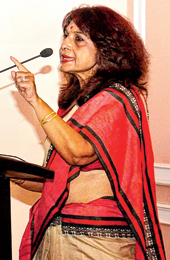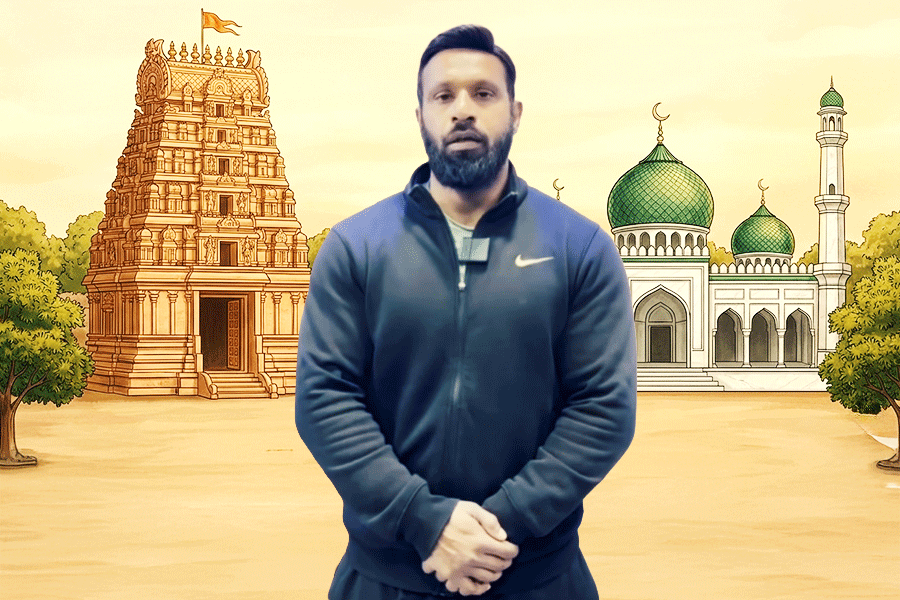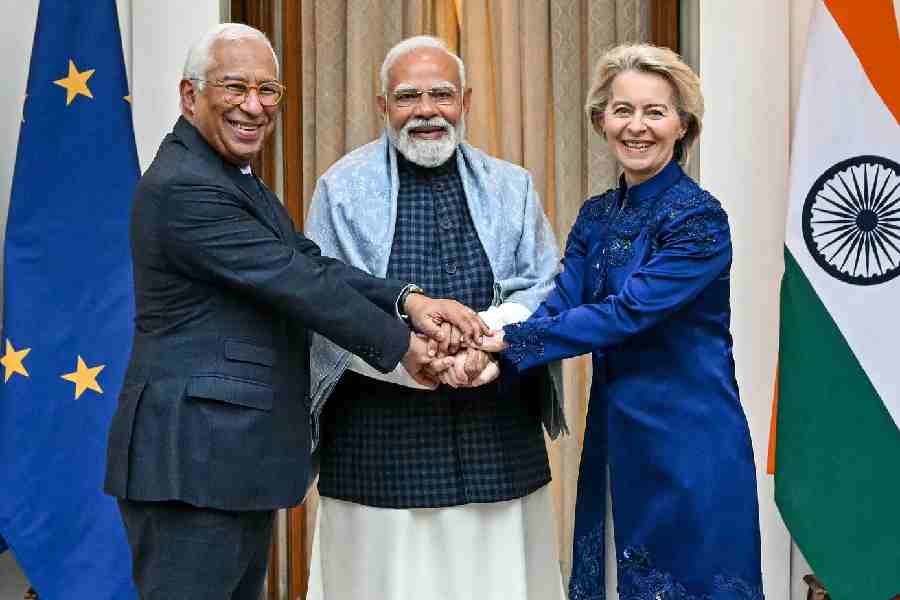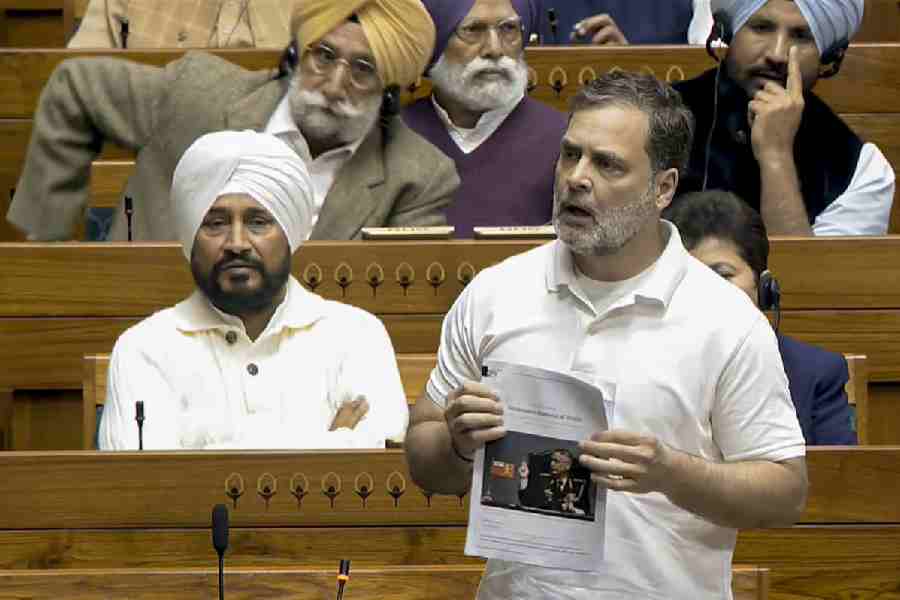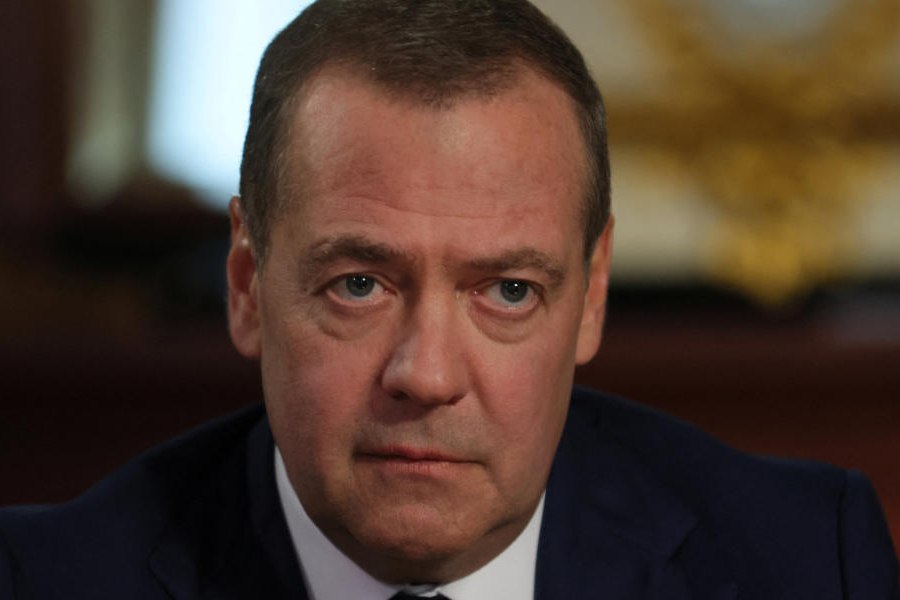 |
| It would be interesting to go back and observe the circumstances of the arrival of English education in India and also to see the terms in which it was advocated by Macaulay |
A talk on teaching English and making traditions in the light of Thomas Macaulay’s Minute on Indian Education is of special significance at a time when the role of English has been in focus in a more immediate context — the civil service examinations.
“It would be interesting to go back and observe the circumstances of the arrival of English education in India and also to see the terms in which it was advocated by Macaulay,” said Tilottama Tharoor, as she began her lecture as part of The Bengal Club Library Talk series, in association with The Telegraph.
“Thomas Babington Macaulay was in Bengal between 1833 and 1838, and during that time one of his major contributions to the English administration here were his views expressed in the Minute on Indian Education, which were then implemented as educational policy, principally to get English-medium education introduced on a wide scale in the publicly-supported schools and colleges,” Tharoor said.
The Minute is a collection of points that Macaulay put together both for the committee for public instruction — of which he was the president — and for the then governor general, William Bentinck, to help the latter marshal the arguments in favour of English medium education.
Macaulay, according to Tharoor, quite hated India and harboured great disdain for Indians and their traditions. “He was made a member of the supreme council of India, which had been created to oversee the way in which the East India Company was ruling its territories. It was in that capacity that he came to India.”
“Macaulay had spoken in parliament in England about how imperative it was to educate the Indians in English ways. He arrived in India right in the middle of the fierce debate in the committee for public instruction about whether education in Sanskrit and Arabic can still be supported and subsidised or whether it should be replaced with the teaching of English. William Bentinck himself was inclined towards the teaching of English, and the support that came from Macaulay’s Minute gave him the encouragement to enact the law by which English was installed,” Tharoor revealed.
Macaulay only spoke about Sanskrit and Arabic on the one hand and English on the other. “He did not talk about the Indian vernaculars. He believed that the vernaculars were not sufficiently developed to be viable languages of instruction. He believed that scientific concepts could not be included in these vernaculars because the latter did not possess the background or vocabulary to sustain those concepts.”
Quoting Macaulay from the Minute, Tharoor said: “I have no knowledge of either Sanskrit or Arabic. But I have done what I could to form a correct estimate of their value. I have read translations... I have conversed... with men distinguished by their proficiency in the eastern tongues. I am quite ready to take the oriental learning at the valuation of the orientalists themselves. I have never found one among them who could deny that a single shelf of a good European library was worth the whole native literature of India and Arabia.” This is the paragraph on the basis of which Macaulay has been called imperialist, racist, bigoted and not afraid to hide his ignorance.
“How many of us would dare to make a pronouncement about a language which we can quite blatantly say we have never made the effort to read? Macaulay obviously wants us to forget all those orientalists within India who were absolutely enamoured of the works in Sanskrit, and those who had read and translated Arabic and Persian works. Goethe is supposed to have been so delighted with a translation of Kalidas’s Shakuntala that he danced around the room holding the book, and then wrote to several people recommending it.”
Macaulay, as Tharoor pointed out, also made a pragmatic argument about English being “the language of colonial commerce which shall link the different colonies — South Africa, Australia”.
“Today English has become the language of global commerce and activity. I think we can argue that it has been the growth of America as a power and different, new technologies that have given English this prominence, and not what Macaulay may have had to say about it,” Tharoor said. “He uses the term ‘Indian empire’ even though the East India Company was very much in place, revealing imperial designs.”
Tharoor concluded with an idea of what Macaulay was seeking to achieve: “We must at present do our best to form a class who may be interpreters between us and the millions whom we govern — a class of persons Indian in blood and colour, but English in tastes, in opinions, in morals and in intellect. To that class we may leave it to refine the vernacular dialects of the country....”
“I leave it up to you to decide the extent to which Macaulay’s vision for English language education was successful,” she signed off.
The historian, Rudrangshu Mukherjee, made some interesting points to supplement Tharoor’s talk. “First, Macaulay did not just suppress vernacular education, he also suppressed — thanks to Bentinck — an alternative view that existed within the government. The Adam’s report, which was completely contrary to what Macaulay actually says in the minute, stated that education should be conducted in the native tongues, and was not taken into consideration at all when official policy was made. Second, in the passage in the minute about interpreters between the two races, Macaulay goes on to say that he would rather have Indians badly ruled but using the Europeans’ cutlery, crockery and commodities. So there was the economic compulsion on the part of a power that had just completed its industrial revolution to search for a market.”

